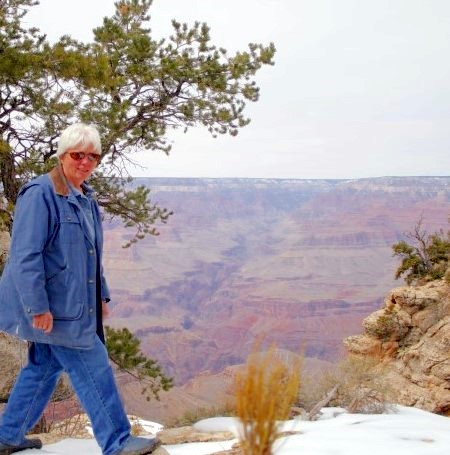The rain, about 3 hours worth, combined with oddly cool temps for the last day of July (low 70s), provided the ideal moment to attack the looming and surging problem--weeds in the butterfly garden.
Since Helen commandeered (albeit with a limited budget) this lovely previously rock-strewn underutilized space and shaped it (with help from me and others) into a perennial garden with potential, the weeds have tried to dominate. Today was the showdown!
Yesterday, proficient gardener Jeanne joined us for a tour of the space, identifying problem weeds and figuring out what looked like weeds but were not. That was helpful. Today all the stars were in alignment for this concerted attack.
Armed with a big plastic bag to capture the seedy-weeds, sharp clippers to prune and trim, and dressed for this grungy task, Helen and I plunged in. No weed was safe. The tough ones, thistles and other deep-rooted buggers, I carefully tried to extract from the pliable ground. Sometimes I got them out with root intact, sometimes not. Rats. That means they'll be back, probably by tomorrow, incorrigible varmints that they are. The little weed-wanna-be's were removed before they knew they hit the ground.
Helen and I made great progress, ridding the space of unwanted and invasive weeds, moving a few plants, and then hitting a greenhouse sale to get a few more plants to fill in.
Nothing exciting. Just a lot of dirty work motivated by the desire to attract butterflies and to provide folks around Villa St. Benedict and Sacred Heart Monastery a pleasant place to enjoy.
Weeding gives one time to think. I got to speculating about how our task at hand paralleled the nation's approach to homelessness. NO! I'm not comparing homeless people to weeds. I'm looking at weeds as the issues, problems, and challenges that jeopardize the existence of vulnerable wild flowers and other perennials (people who end up homeless).
Our nation's approach, since we've begun seriously neglecting this human "garden" back in the early 80s (read this short but informative report's history of modern homelessness), has allowed weeds to take over. Discarding mentally ill patients onto the streets, inadequate addiction services, deteriorating housing and severe cutbacks in new affordable housing, half-assed approaches to dealing with homelessness, pervasive and unaddressed poverty--all of that and more contributed to abuse and neglect of our nation's "garden" that left us with the mess we have now.
Not properly identifying weeds, like HUD's documented failure to truly define homelessness (read this vindicating report by the GAO), spreading rumors about the "danger" of working in the garden/on the streets, inadequate tools--support system, insufficient resources--funding for housing and services to keep people in housing, diminished systemic approaches to prevent more weeds/homelessness--a judicial system run amok when dealing with people in poverty, and a perceived lack of interest in gardening--growing disregard for people in poverty or folks with disabilities--all of this and more combined to cause our nation's garden to seriously deteriorate.
Can we restore this treasured "place" in our land? Can we put together resources, workers, and determination to plunge in to comprehensively and holistically create an environment in this country that reduces the number of homeless families and single adults, supporting both independent housing and extra supportive services for those who need them, instead of watching families and individuals recycle through the weed-patch?
Seems to me we have a "Master Gardener," and the window of opportunity is here at long last. If we can get a grip on the weeds, treat the soil, move some plants around, and set up a system of maintenance that will keep the invaders at bay, we can make significant progress. Or we can let our garden go to seed, soon to contaminate the nearby well-manicured lawns surrounding mega-mansions. When the weeds creep onto the golf courses, then we'll see some action.
Subscribe to:
Post Comments (Atom)







1 comment:
good story...even better to work on the garden and HearUS with you.
Post a Comment